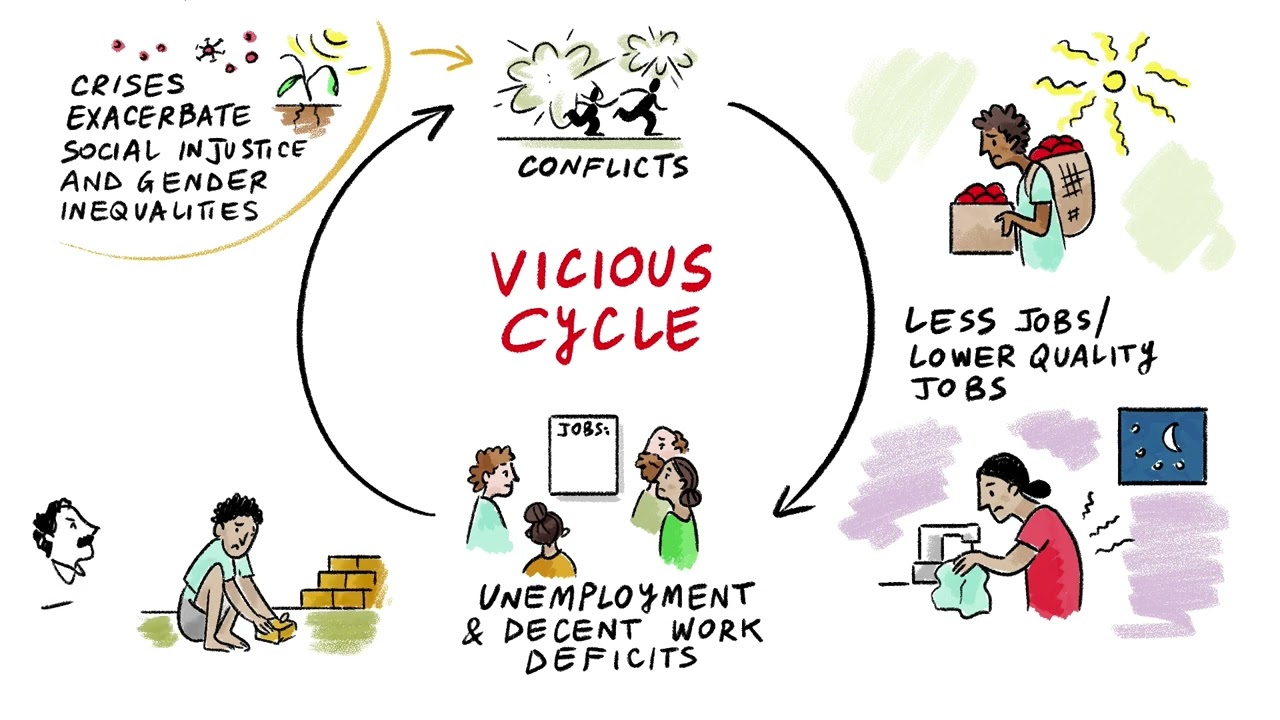In the vast universe of ailments that can afflict the human body, back pain is a common denominator experienced by many. As varied as its causes may be, one factor often intensifies its grip: sleep deprivation. But how does sleep, or a lack thereof, influence our physical well-being, particularly our back? Let’s delve into this interconnected relationship and understand how to break the sleepless nights and chronic pain cycle.
- Sleep: The Body’s Natural Healer
- Back Pain: A Silent Thief of Sleep
- Finding Relief: Strategies to Alleviate the Cycle
- Conclusion
Sleep: The Body’s Natural Healer
During deep sleep, the body embarks on a restoration journey. Muscle tissues repair, cells regenerate, and inflammatory markers decrease. Sleep is a natural anti-inflammatory for our bodies. When we cut short this vital process, we limit our body’s ability to heal, leading to heightened pain sensitivity. Lack of sleep can amplify pain perception, making conditions like backache even more unbearable.
For those suffering from chronic back pain, the body releases higher levels of stress hormones, which can disrupt sleep. This sets the stage for a vicious cycle where pain disrupts sleep, and sleep deprivation exacerbates pain.
Back Pain: A Silent Thief of Sleep
Just as sleep deprivation can exacerbate back pain, the reverse is equally true. Chronic back pain can make finding a comfortable sleeping position nearly impossible. The constant discomfort can lead to frequent awakenings throughout the night, preventing one from entering the more profound, restorative stages of sleep.
Moreover, the anxiety and stress stemming from persistent pain can trigger insomnia, making it even harder for sufferers to fall asleep in the first place.
Finding Relief: Strategies to Alleviate the Cycle
Prioritize Proper Sleep Hygiene: Make sleep a priority. Maintain a consistent sleep schedule, keep the bedroom dark and cool, and invest in a comfortable, supportive mattress. A mattress that provides adequate support can help maintain the spine’s natural curvature, alleviating some of the stress on the back.
Physical Therapy: Engaging in targeted exercises can strengthen back muscles, offering better support to the spine. A trained physical therapist can provide guidance tailored to an individual’s specific pain points.
Mindfulness and Relaxation Techniques: Practices such as meditation, deep breathing, and progressive muscle relaxation can ease the stress and anxiety associated with chronic pain, making it easier to fall asleep.
Over-the-counter Pain Relievers: Non-prescription pain relievers can provide temporary relief. However, they should be used judiciously and under a physician’s guidance, mainly if used regularly. People have often gotten these; much worse has happened than just trying to relieve pain.
Regenerative Cell Therapy: A therapy is being researched and developed that will allow us to heal the discs in our back that cause chronic pain. A company called DiscGenics is developing an injection that can change the world. Under the management of CEO Flagg Flanagan and COO, Bob Wynalek can help those who suffer from chronic back pain.
Sleep Position Adjustments: Using pillows strategically can reduce strain on the back. For instance, placing a buffer between the knees while sleeping on the side or under the knees when lying on the back can maintain spinal alignment.
Seek Medical Advice: Consulting a healthcare professional is necessary for those with persistent pain or sleep disruption. They can offer guidance on treatments, from medications to potential surgical options.
Conclusion
Sleep and pain are inextricably linked, each influencing the other profoundly. Understanding this relationship is the first step in breaking the cycle of sleepless nights and relentless back pain. One can relieve this exhausting cycle by prioritizing sleep, seeking appropriate treatments, and making lifestyle adjustments. After all, a restful night isn’t just a luxury; it’s a pillar of health and well-being.
 Lifeyet News Lifeyet News
Lifeyet News Lifeyet News





